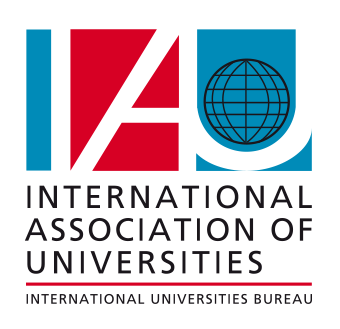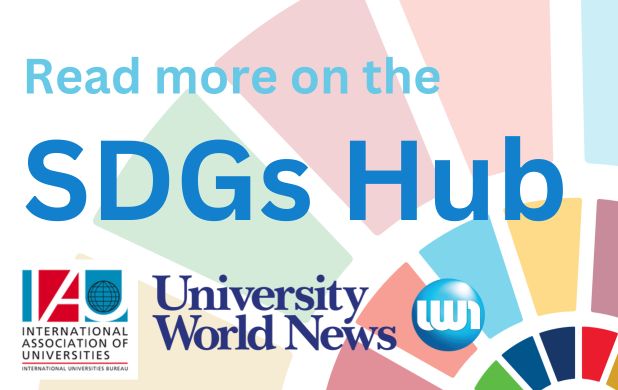From the 12th to 14th of August, 2020, the Virtual International Conference on Phytochemistry, Textile & Renewable Energy for Sustainable Development, hosted by Moi University, Kenya, took place. In addition to a panel discussion on SDG 12 (Responsible Consumption and Production) organized by IAU Cluster Members, IAU President Pam Fredman spoke at the opening of the Conference and stressed the important role of universities in teaching, research and advocacy for sustainable development.
The SDG 12 panel session on the 13th of August was titled: “Sustainable Consumption and Production (SCP) and COVID-19”. The participating SDG 12 Cluster Members included the University of Regina and Luther College (Canada), the University of Vechta (Germany), El Bosque University (Columbia), University Sains Malaysia – USM (Malaysia), and host Moi University (Kenya).
The discussion addressed challenges and opportunities for responsible consumption and production in times of COVID-19 at universities. While it was stressed that the new situation presents several obstacles, such as ensuring democratic governance on online platforms (Detlev Lindau-Bank, University of Vechta), several positive aspects from the crisis were identified. For instance, many institutions and faculties collectively adopted principles of open access and shared resources, while learning to navigate in an online environment. Furthermore, research now needs to be ‘translated’ into the digital space, with questions raised about how prepared universities are for this step, and, at the same time, how prepared the community is to receive this kind of information (Rose Ramkat, Moi University). Panelists agreed that resources and training are crucial to enable university stakeholders to adapt to and efficiently make use of these new circumstances.
Furthermore, the key question of how to become self-sufficient as campuses was brought up (Roger Petry, Luther College at the University of Regina). According to Petry, the process universities went through in the past few months in reaction to COVID-19 can effectively be considered a capacity-based assessment, something communities normally undertake when exploring new opportunities for sustainable development.
In consequence, the aim should not only be working towards more responsible and sustainable consumption and production, but also helping to build up local livelihoods and making higher education institutions indispensable in this process.
More Information
For more information, take a look at the programme book or find the recording of the opening ceremony here. The recording of the SDG 12 panel session here (starts at 1:24 h).
--
Kindly note that this news item was originally published on August 20th, 2020.


